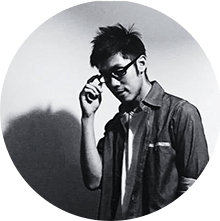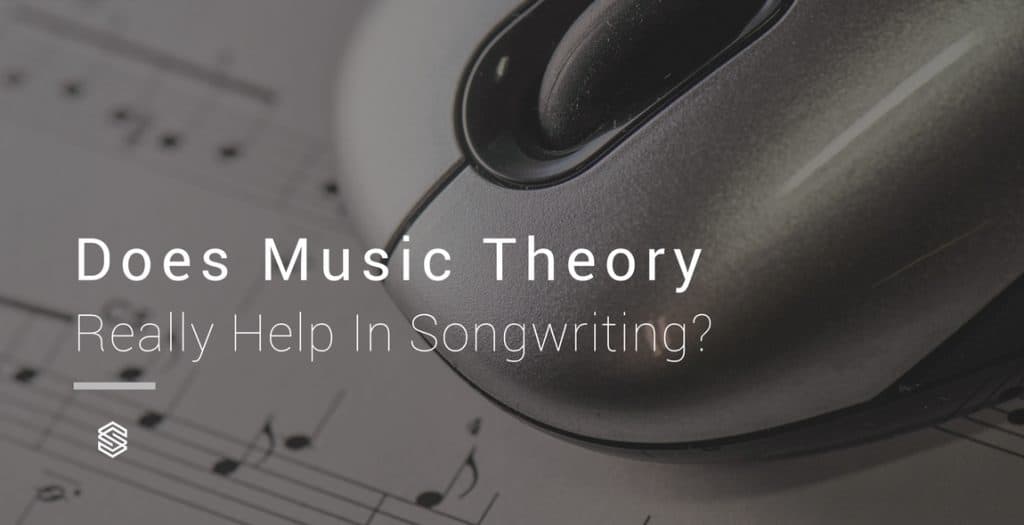by Gregory Tan 25 March 17
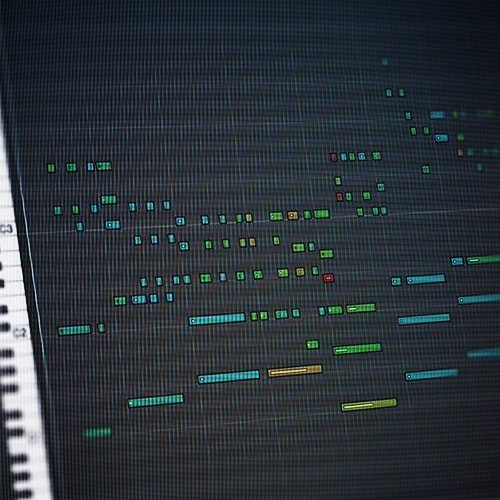
Does music theory really help with songwriting?
This is a very hard question to answer without putting it in a context. The short answer is yes, and no.
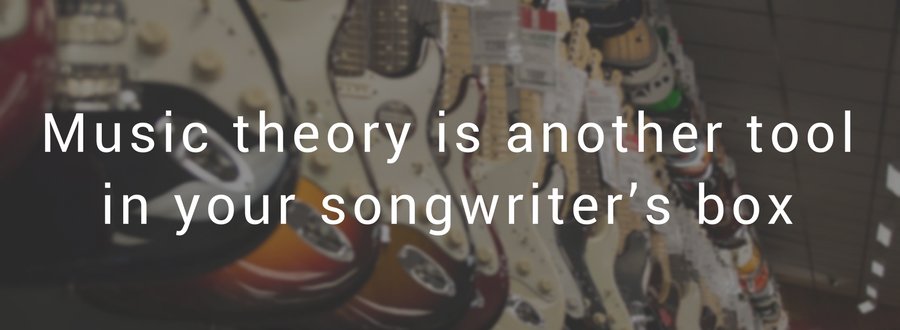
Theory can be used creatively to augment and enhance your music. While it is a very useful tool to have, it is not a prerequisite for all producers. How useful it is really depends on the context of your production.
For instance, if you are scoring music for a film that will be performed by an orchestra, understanding music theory is almost compulsory (unless you have an orchestrator to assist you) because you must produce the sheet music for the musicians. In cases like this, it is imperative to recognize that orchestras have their roots deeply embedded in the classical genre and therefore have heavy reliance on notated scores. This a necessary part of their practicing routines and musical arrangements.
In contrast, if you are creating a pure EDM song or experimental piece, it is possible to figure out what works for your track WITHOUT any knowledge of music theory apart from the key you’re working in.
Although music theory can be very useful for creating and enhancing your music, the technical nuances it provides should never become the main focus of your production.
Often, musicians (myself included) who are classically trained, easily slip into the black hole of exploring unique chord progressions and shapes - just for the sake of it in a desperate attempt to sound different. Yet, most songs that stand, are not memorable because of their unorthodox “B Flat Major 7 Sus 9” chord. Rather, they stand out for a whole variety of other reasons (such as the songwriting, lyrics, structural arrangement, musical arrangement, tone of instruments/vocals, production etc).
While I have heard some well-established musicians in certain genres comment on the creative chord choices/voicing etc. of other talented musicians, I have never heard listeners discuss the elements of music theory used in a particular song.
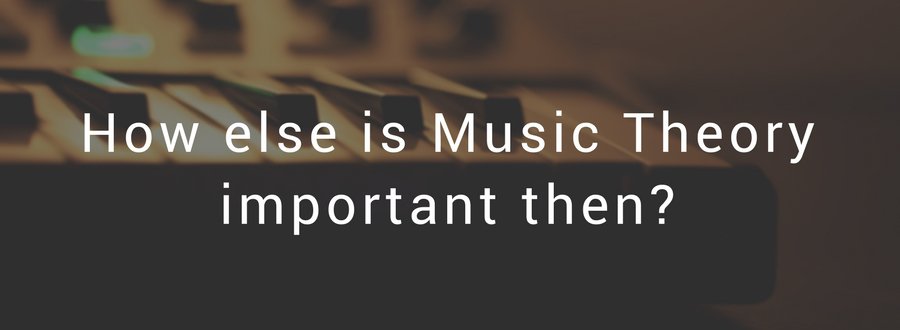
While this sounds contradictory to the tone I’ve used in explaining its application in the previous section, I am in no way limiting it in terms of a songwriting tool. What I see often is a dichotomy of exclusiveness forming between musicians/producers who understand music theory and those who don’t.
This shouldn’t be the case. There is NO dark art or mojo surrounding music theory. There are only layers of knowledge waiting to be discovered and applied in your productions.
Music theory is arguably one of the most useful tools for taking your songwriting to the next level. It can also improve your efficiency during song development and production. In its simplest form, it provides you the knowledge of chordal structures within a song.
You only need to press the “C E G” keys on your MIDI keyboard to instantaneously print the root chord of the C Major scale into your DAW. However, in order to do that, you would have to know what the “root chord” of the “C Major Scale" is. Knowing this is so much easier than playing a single C note and trying to figure out the other notes in the chord by randomly pressing keys or moving MIDI notes with the mouse. This allows so much more room for productivity and efficiency.
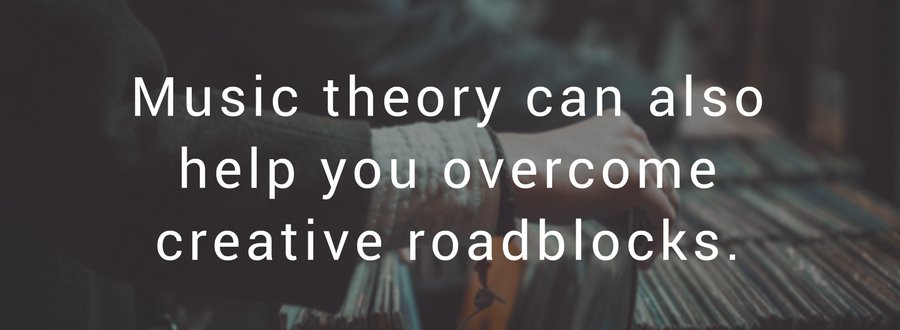
By arranging different instruments to create counterpoint melodies, dissonance, and harmonies. For example, once you learn that the 6th minor of a major scale acts as a relative minor to that particular major key itself, you can apply this principle to improve your music. If your song is in G major, instead of having your bass-line play a G major like everything else, you can have it play an E minor at varied points. This will add an interesting contrast and make your song sound better musically.
All in all, music theory is a practical tool that’s free and easy to implement - depending on your purpose and goal. It is pointless to create a song with the hardest and most unheard of chords which entirety falls flat by being indigestible and unmemorable. The most famous songs in the world bear testament to this statement. This means that, for a songwriter, music theory is not an end in itself, it is a tool to achieve your goals for your music. As with every tool, the outcome depends on the skill of the user - you and your production team-- and what you are trying to achieve. Just like EQ, Reverb or basically anything else in your musical toolbox, its usefulness all starts and ends with you.
